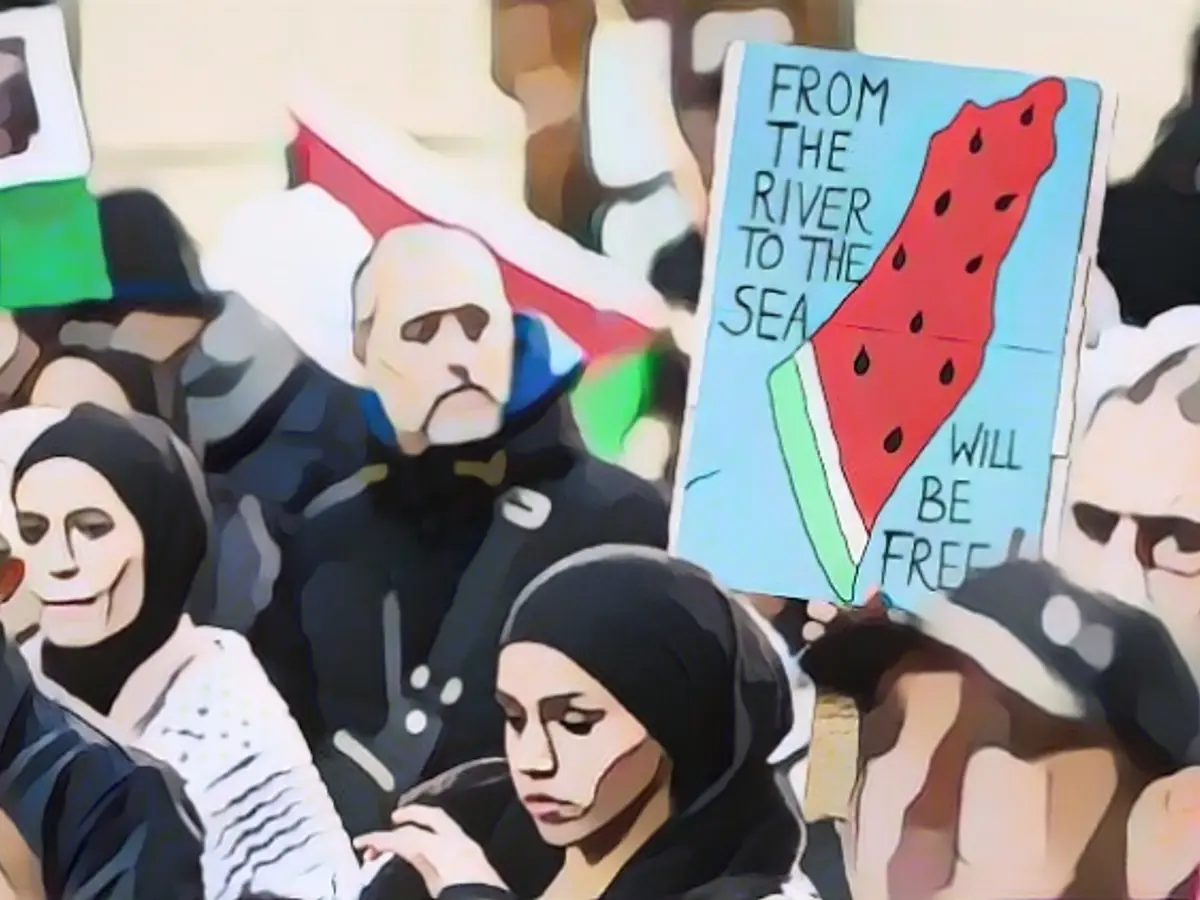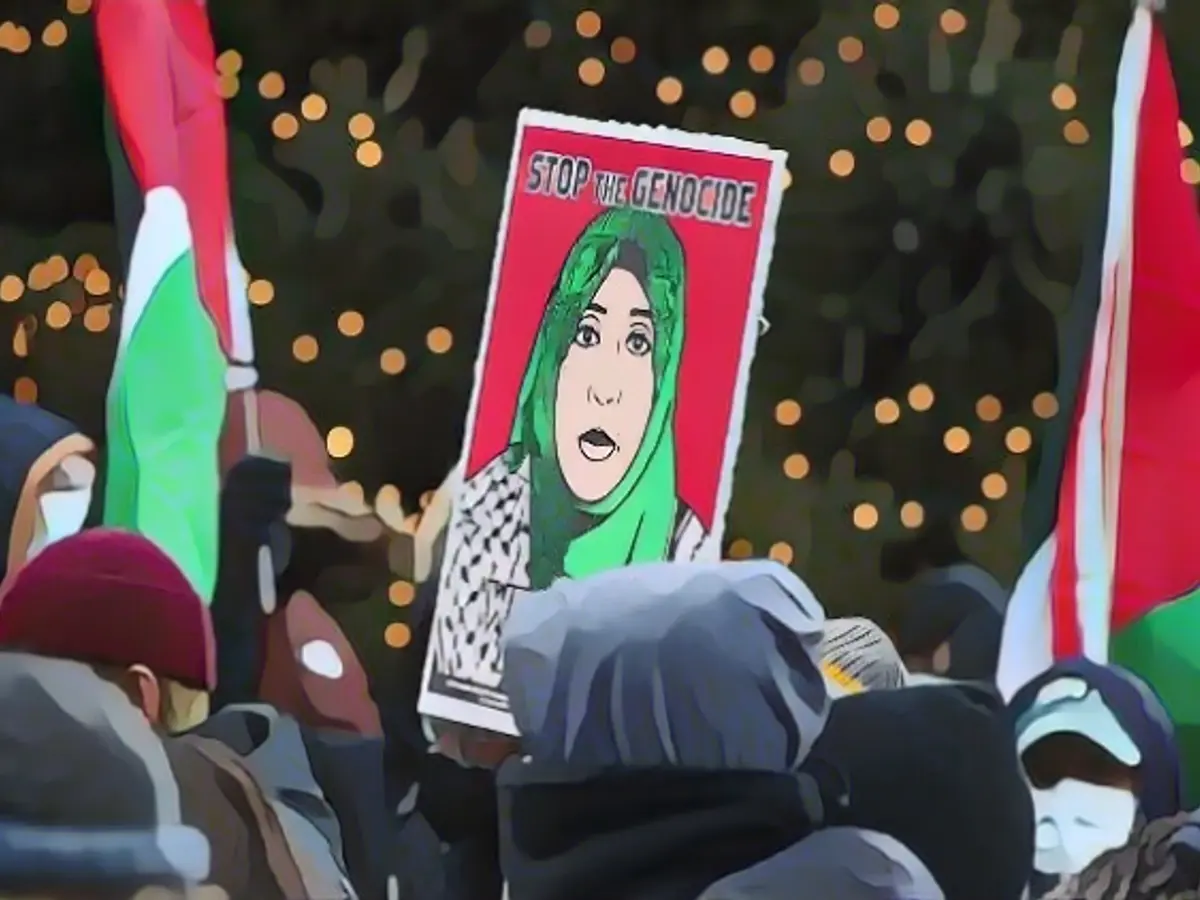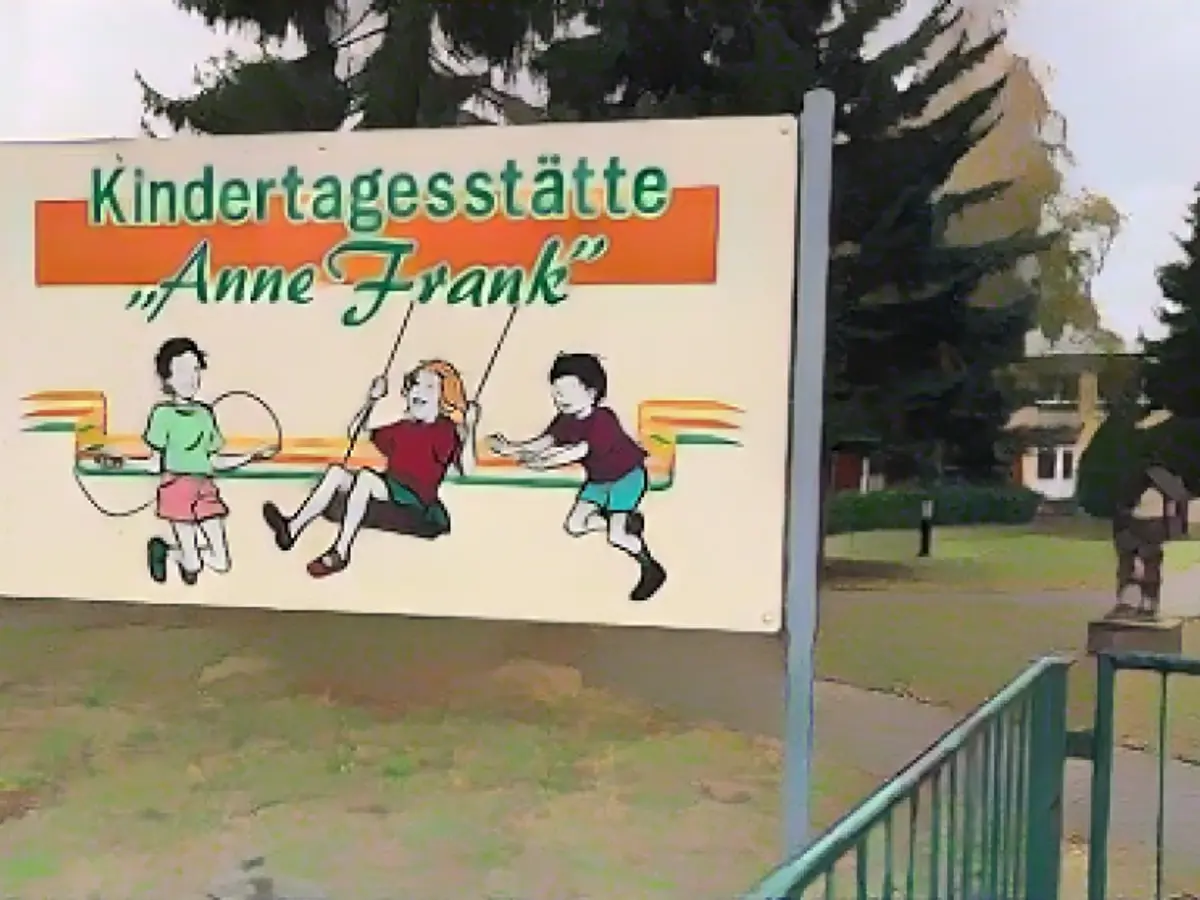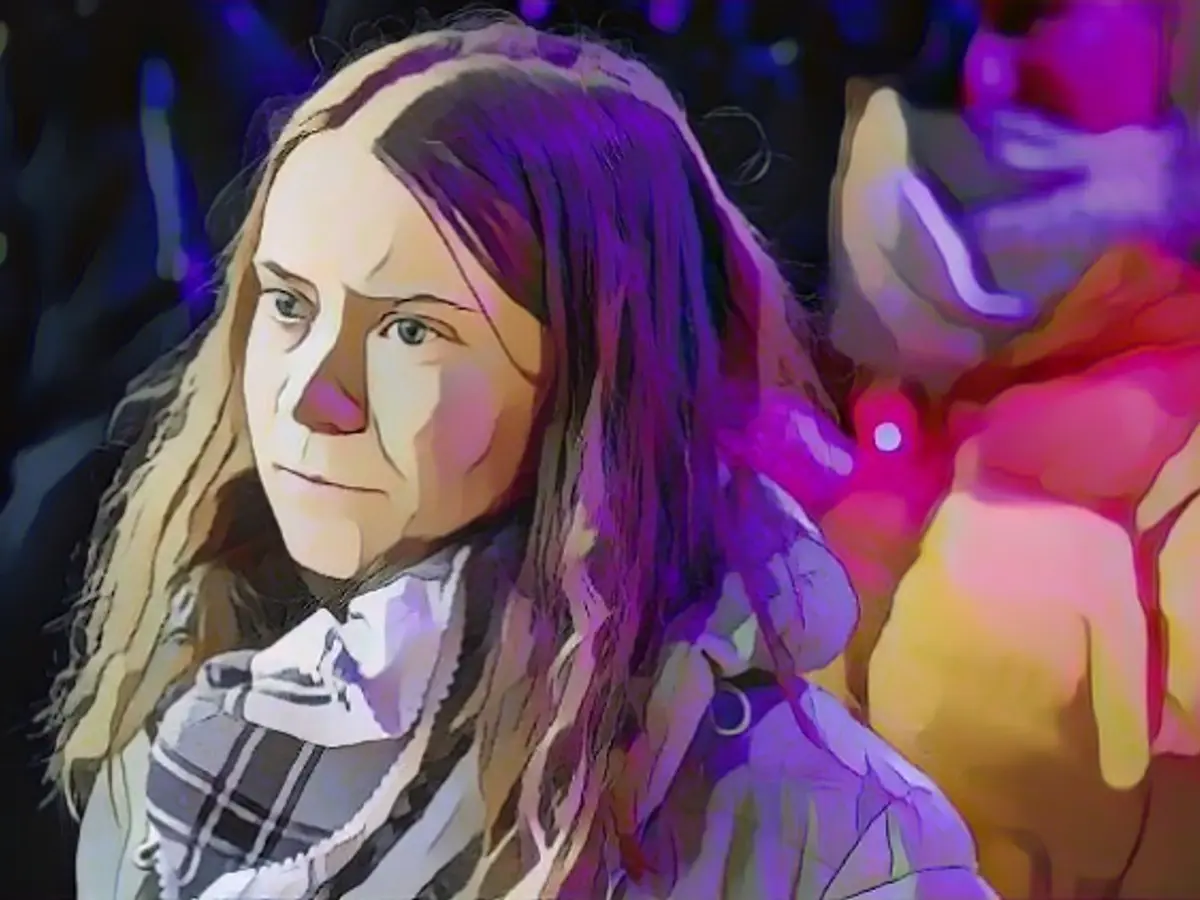Americans of Jewish heritage have stirred controversy by filing trademark applications for the slogan "from the river to the sea, Palestine will be free." This phrase, commonly used at global protests against Israel, has a chilling history, having been employed by terror groups like Hamas to call for Israel's destruction.
One applicant, Joel Ackerman, created a company named "River to the Sea LLC" to claim rights over caps and T-shirts bearing the slogan. Oron Rosenkrantz, another applicant, intends to utilize the slogan exclusively for T-shirts through his company "From The River To The Sea Shop LLC." Their applications are currently under review by the US Patent Office, according to Newsweek.
However, interpretations of the slogan are far from unified. Some view it as a protest against Israeli fragmentation and discrimination of Palestinians, demanding an equal homeland. Others perceive it as a cry for a Palestinian state, potentially leading to the subjugation of Jews or their displacement.
This ambiguity is further complicated by the slogan's historical significance. Hamas, a recognized terrorist organization, originally popularized the phrase in the 1960s, and it remains emblazoned on their banners today. This call to action, referring to the territories between the Jordan River and the Mediterranean Sea, supports Hamas' quest for Israel's annihilation.
This is not the first time the slogan has sparked controversy. Mainz 05, a German football club, dismissed striker, Anwar El Ghazi, for posting the slogan on Instagram. The legality of the dismissal is still being debated in the Mainz labor court.
Reactions to the Americans' trademark applications have been mixed. Some see it as humorous, while others are concerned about potential backlash. Israeli lawyer and trademark expert, Lihi Katzenelson, points out that the process is lengthy, the slogan's use is difficult to police in the US, and the slogan's notoriety could intensify, further complicating issues.
Meanwhile, elsewhere, Hamas' usage of the slogan has raised legal questions. The German Federal Minister of the Interior, Nancy Faeser, included it in the Hamas ban order, considering it a distinctive sign of the organization. This move signifies potential legal persecution if displayed in public demonstrations, carrying penalities under German law.
This rather polarizing situation evokes critical questions about freedom of speech, the impact of trademarks, and how such sensitive and highly politicized phrases should be managed in modern society, with emotions running high between Palestinian and Israeli communities.








